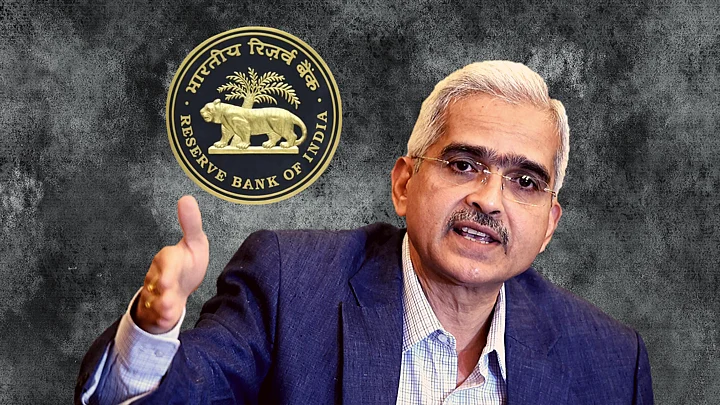The situation in India has reversed from being on the foothills of a strong economic recovery to facing a fresh crisis, Reserve Bank of India (RBI) Governor Shaktikanta Das said on Wednesday, 5 May, as he announced a slew of measures to counter the economic crisis.
Calling for marshalling of resources for fighting the virus with vigour, Das, in an unscheduled address amid the surge in COVID-19 cases, said, “The Reserve Bank of India will continue to monitor the emerging COVID-19 situation and will deploy all resources and instruments at its command, especially for the citizens, business entities, and institutions beleaguered by the second wave.”
Das added, “The devastating speed with which the virus affects has to be matched by swift and wide-ranging actions that are sequenced, calibrated and well-timed so as to reach out to various sections including the most vulnerable.”
Here Are the Relief Measures Announced:
- Rs 50,000 crore priority lending by banks for hospitals, oxygen suppliers, vaccine importers and COVID drugs, with the liquidity window open till 31 March 2022.
- Special long term repo operations for small finance banks to provide further support to micro, small, and other unorganised sector entities, 3-year repo operations of Rs 10,000 crore at repo rate, for fresh lending up to Rs 10 lakh per borrower. This facility will be available up to 31 October this year.
- The governor also said that, if not availed earlier, a second window to individual, small borrowers having up to Rs 25 crore loans for restructuring was being provided by the RBI.
- In view of fresh challenges, Small Finance Banks are now permitted to regard fresh on-lending to micro-finance institutions (MFIs) with asset size up to Rs 500 crore, as priority sector lending. This facility will be available up to 31 March 2022.
- Given the positive response from the market, Das said, the second purchase of government securities for an aggregate amount of Rs 35,000 crores under G-SAP 1.0 will be conducted on 20 May.
- Rules for availing overdraft facility for state governments have been relaxed up to 30 September.
- The rationalisation of KYC compliance norms, which will provide for video-based KYC for certain categories was announced.
Das assured that normal monsoon should help contain food price pressures, especially in cereals and pulses.
Joseph Thomas, Head of Research at Emkay Wealth Management said, “The three-year facility, which the banks can advance Rs 50,000 crore, is a good measure to immediately help ramp up medical and healthcare facilities. The benefits of this will help enhance capacity for the longer term as it covers diagnostic, preventive as well as combative aspects of healthcare,” CNBC reported.
(With inputs from PTI and ANI)
(At The Quint, we question everything. Play an active role in shaping our journalism by becoming a member today.)
